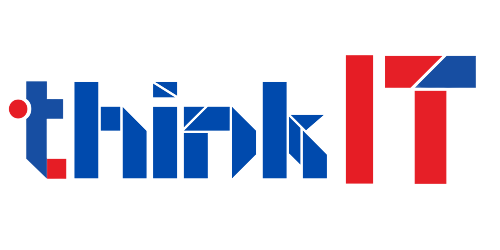Fostering entrepreneurship and tech development with tech hubs in Uganda
In recent years, Uganda has witnessed a burgeoning growth in tech hubs and innovation centers that play a crucial role in fostering entrepreneurship and technological development. These hubs provide a collaborative space where entrepreneurs, developers, and tech enthusiasts can converge to share ideas, access resources, and drive innovation. The impact of these centers on the Ugandan tech ecosystem cannot be overstated, as they contribute significantly to the country’s socio-economic development.
Tech hubs in Uganda such as Outbox Hub, Hive Collab, The Innovation Village, Tech Buzz Hub, Makerere Innovation and Incubation Centre (MIIC), Resilient Africa Network (RAN), Design Hub Kampala serve as catalysts for innovation by providing essential support services, including mentorship, training, and access to funding. According to a report by the World Bank (2019), tech hubs are instrumental in creating an enabling environment for startups by offering them the infrastructure and resources necessary to develop their ideas into viable businesses. For instance, the Innovation Village in Kampala has been pivotal in supporting over 100 startups through various programs aimed at capacity building and market access (Innovation Village, 2022).
One of the primary roles of these hubs is to bridge the gap between academia and industry. By facilitating collaborations between universities, research institutions, and the private sector, tech hubs help in translating academic research into marketable products and services. A study by the International Development Research Centre (IDRC, 2021) highlights the importance of such collaborations in driving technological advancements and promoting knowledge transfer. Hive Collab, one of Uganda’s first tech hubs, exemplifies this by partnering with Makerere University to support research and innovation initiatives.
Moreover, tech hubs in Uganda are playing a significant role in addressing local challenges through technology. By encouraging the development of locally relevant solutions, these centers are helping to tackle issues such as healthcare, agriculture, and financial inclusion. For example, Outbox Hub has supported the development of ClinicPesa, a mobile-based micro-savings and loans platform for healthcare financing, which aims to improve access to medical services for low-income populations (Outbox Hub, 2022).They are also vital in fostering a culture of entrepreneurship among the youth. With Uganda having one of the youngest populations globally, the role of these hubs in nurturing entrepreneurial skills and innovation is crucial. According to the Global Entrepreneurship Monitor (GEM) Report (2020), Uganda has a high rate of entrepreneurial activity, with many young people venturing into business. Tech hubs provide these young entrepreneurs with the necessary tools, mentorship, and networks to succeed in their ventures.
They also position Uganda on the global map as a growing tech destination. By hosting international tech events, hackathons, and conferences, these centers attract global attention and foster international partnerships. The Kampala Innovation Week, for example, is an annual event that brings together innovators, investors, and policymakers from around the world to discuss and showcase innovations in Uganda (Kampala Innovation Week, 2022).
In conclusion, tech hubs and innovation centers in Uganda are pivotal in fostering entrepreneurship and tech development. They provide critical support to startups, facilitate collaborations between academia and industry, address local challenges through innovative solutions, and nurture a culture of entrepreneurship among the youth. As these hubs continue to grow and evolve, they will undoubtedly play an even more significant role in driving Uganda’s technological and economic progress.



Leave a Reply